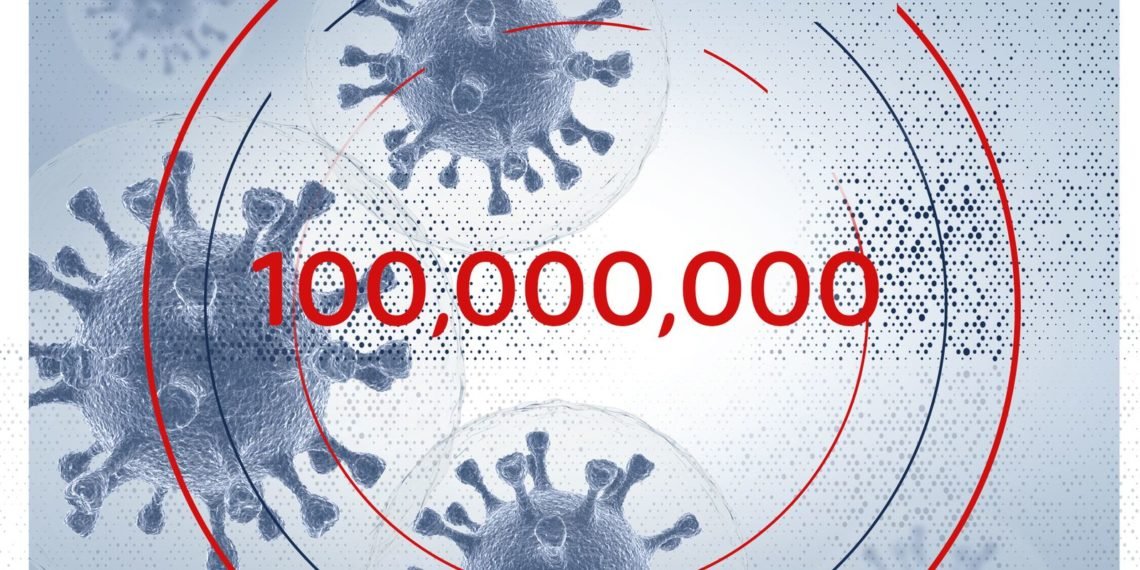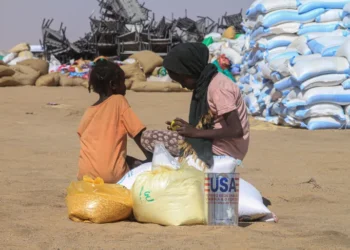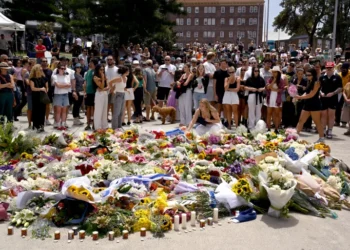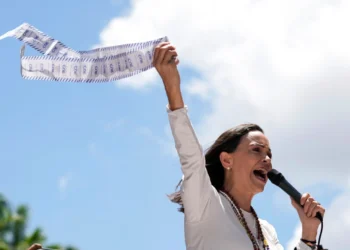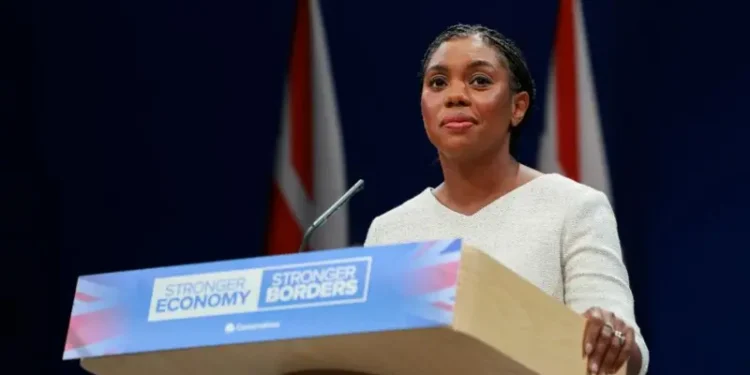The number of confirmed coronavirus cases worldwide has passed 100 million, according to data from Johns Hopkins University, just over a year since the first officially diagnosed case of the deadly virus.
During the past 12 months, the pandemic has forced governments to order lockdowns, curfews, travel bans and other public health restrictions in a bid to stem the spread of infections. Economies have been hard hit in almost every country in the world.
Data from the Johns Hopkins University also reveals that more than 2.1 million people around the world have died from COVID-19, and more than 55 million people have recovered from the disease.
The three worst-affected countries – the US, India and Brazil – account for more than two-fifths of all global cases.
At more than 25 million, the US has the highest number and has suffered more than 400,000 deaths.
India is the second worst-hit country, having recorded more than 10 million cases and more than 150,000 deaths.
With nearly nine million, Brazil has fewer cases as compared to India but more deaths – at least 217,000.
Additionally, British Prime Minister Boris Johnson told the country he is “deeply sorry for every life that has been lost” as the UK became the first in Europe and the fifth in the world to record more than 100,000 coronavirus-related deaths on Tuesday, January 27.
The Prime Minister said it is “hard to compute the sorrow contained in that grim statistic” and described it as an “appalling and tragic loss of life”.
“I think on this day I should just really repeat that I am deeply sorry for every life that has been lost and, of course, as I was Prime Minister I take full responsibility for everything that the government has done.”
Despite the development of more effective treatments for the coronavirus and the roll out of vaccines across dozens of countries, mutant strains of the virus recently detected in the United Kingdom, South Africa and Brazil have created uncertainty about the potency of the vaccines against the virus.

US infectious disease expert, Dr Anthony Fauci said earlier this month that vaccines are designed to recognize multiple parts of the spike protein, which makes it unlikely a single mutation can be enough to prevent the jabs from being effective.
However, he warned last week that current vaccines may not be as effective in protecting against the new and more contagious strains.
The head of the World Health Organization has, however, called for more equitable vaccine distribution between nations, as wealthier countries have been accused of “hoarding” doses.
Mr Tedros Adhanom Ghebreyesus said this month that prospects for equitable distribution are at “serious risk” as the COVAX vaccine-sharing scheme aims to start distributing inoculations to developing nations in February.
He added that a “me-first approach” to distribution places the world’s poorest and most vulnerable communities at risk and “will only prolong the pandemic”.
German Chancellor Angela Merkel also urged against a vaccine race between richer countries, saying that a multilateral effort was the best way to exit the coronavirus pandemic.
Ms Merkel added that it was also essential to support programs subsidizing poor countries’ access to vaccines.
“It has become even clearer to me than it was before that we need to choose a multilateral approach, that a self-isolating approach won’t solve our problems.
“We see that first of all in the question of vaccination since it is the route out of the pandemic. Money is one thing, but the other thing in a time of scarcity is the availability of the vaccine. Here, it’s about a fair distribution, and not about a question of money.
“Let’s not kid ourselves, the question of who gets which vaccine in the world will of course leave new wounds and new memories because those who get such emergency help will remember that.”

